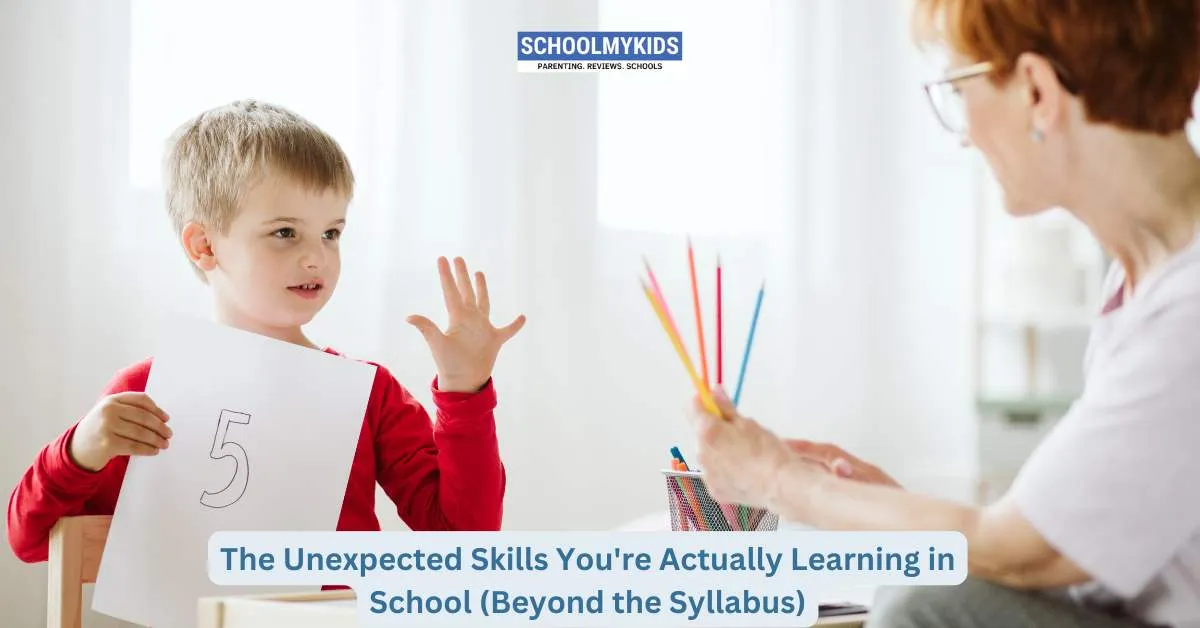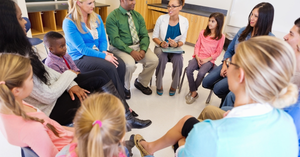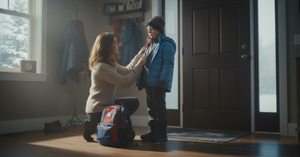Introduction
Ask a student what they’re learning in school, and the answer will likely include subjects like math, science, or history. But beneath those subjects lies a second, more subtle education—one that’s not tested on paper but deeply embedded in everyday school life. These “hidden” skills may not appear in the syllabus, but they prepare students for the complexities of adult life just as much, if not more.
Learning Through the Routine
The structure of the school day teaches students how to manage time, juggle responsibilities, and stick to a schedule. From catching the school bus on time to submitting assignments before deadlines, students are learning how to:
- Prioritize tasks
- Handle pressure
- Plan ahead
Without even realizing it, these experiences build time management habits that will later support them in college, careers, and personal organization.
Social Skills That Can’t Be Taught from a Textbook
Every group activity, lunch break, or conflict with a classmate is a social learning experience. School becomes the first arena where students learn to:
- Collaborate with people who think differently
- Manage group dynamics in projects
- Resolve disagreements respectfully
- Adapt to social settings with empathy and tact
These are the early lessons in emotional intelligence and communication—skills that define workplace effectiveness later in life.
The Confidence Built in Everyday Challenges
Standing up to give a class presentation or volunteering to lead a team activity teaches students how to deal with public speaking, leadership, and self-expression. Even something as simple as raising your hand to ask a question builds:
- Assertiveness
- Clarity in thought
- The courage to participate
Small moments in classrooms eventually turn into big moments in interviews, meetings, and public platforms.
Resilience Through Feedback and Failure
Grades aren’t just about academic measurement—they teach how to handle critique, failure, and bounce back. When students receive constructive feedback or face low marks, they:
- Learn how to receive criticism without taking it personally
- Reflect on mistakes and work towards improvement
- Develop persistence in the face of obstacles
This process mirrors professional growth cycles in adult life.
Adaptability and Multitasking
Students often juggle academics, sports, creative activities, and social commitments. These overlapping responsibilities require them to:
- Switch between different mindsets and tasks
- Learn to pace themselves and avoid burnout
- Become flexible in their thinking and problem-solving
These are the traits of capable multitaskers and adaptive professionals in today’s fast-moving world.
Conclusion
While exams and grades may steal the spotlight, school quietly shapes far more than academic intelligence. It teaches the soft skills that can’t be measured but matter immensely—confidence, resilience, empathy, discipline, and social awareness.
When students become aware of these hidden lessons, they start to see school not just as a place to learn facts, but as a place where they’re learning to be. And that awareness is the first step toward becoming well-rounded, self-aware individuals ready for life beyond the classroom.








Be the first one to comment on this story.